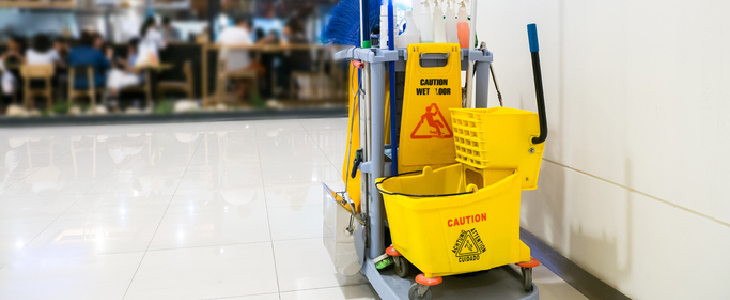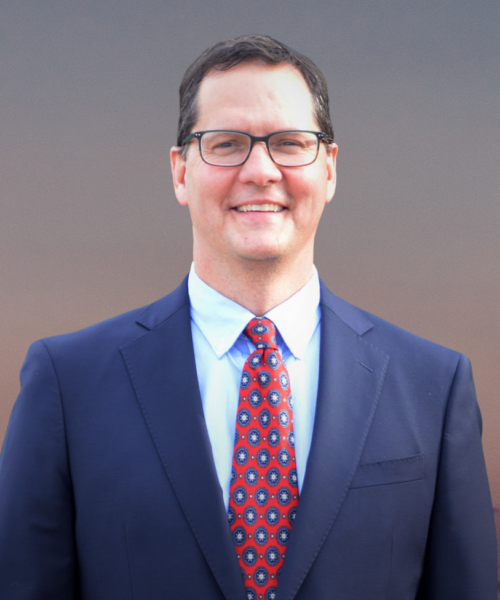In Georgia, as in other jurisdictions, specific responsibilities are placed on business owners concerning slip and fall incidents to ensure their premises are kept safe. Liability of business owners is rooted in premises liability law, which mandates that business owners must keep their property reasonably safe for visitors and promptly address potential hazards. In a slip and fall accident, the foreseeability and the reasonableness of the owner’s actions to prevent such incidents determine the business owner’s liability. Understanding these legal obligations is crucial for business owners and victims in determining these slip-and-fall cases in Georgia.
A Georgia business owner is typically responsible for a slip and fall injury on their property under certain conditions. These conditions are primarily governed by premises liability law. The elements of premises liability law are the following:
- Duty of Care: The business owner has a duty of care to ensure their premises are safe for customers and visitors. The owner should make sure that there is consistent inspection and maintenance of the property.
- Knowledge of Hazard: The business owner may be liable if they knew or should have known about a dangerous condition (like a wet floor or uneven surface) and did not take reasonable steps to fix or warn about it. A spill or rainwater in a store is one of the most typical circumstances that can lead to slips and falls. Georgia courts have found that it is common knowledge that some water is expected in those situations where shoppers go in and out of stores during rainy conditions. Generally, a sign warning that the floor is wet and periodic mopping at the store entrance is considered prudent. It will help protect business owners from liability for slips and falls. However, recovery will not automatically be barred just because a sign is present warning of the danger. For example, the plaintiff was not automatically precluded from recovery when a movie theater placed a “wet floor” sign over a spill and a customer, who was in a crowd of people, tripped over the sign as she exited the theater after the crowd had knocked the sign over (Brown v. American Multi-Cinema, 292 Ga. App. 505.)
- Foreseeability: The hazard must be something the business owner could reasonably foresee as causing an injury. The owner might be liable if a danger is so unexpected that a reasonable person would not anticipate it.
- Causation: A direct link between the hazardous condition and the injury must exist. The person who slipped and fell must prove that the hazard caused the injury.
- Comparative Negligence: Georgia follows a modified comparative negligence rule. If the injured party is partially at fault (for example, not paying attention to where they were going), their compensation may be reduced by their percentage of fault. They may not be able to recover damages if they are found to be 50% or more at fault.
- Notice Period: In some cases, there may be a requirement to notify the business owner within a certain period after the accident to pursue a claim.
It’s important to note that these are general guidelines, and the specifics can vary based on the circumstances of each case. An experienced personal injury/premises liability attorney can help you with your particular case and guide you through the complexities of these actions. Contact Gautreaux Law for a complimentary initial consultation to help you determine whether you have a legal action. We will advocate vigorously to help you get the compensation you might be entitled to based on your unique situation.



